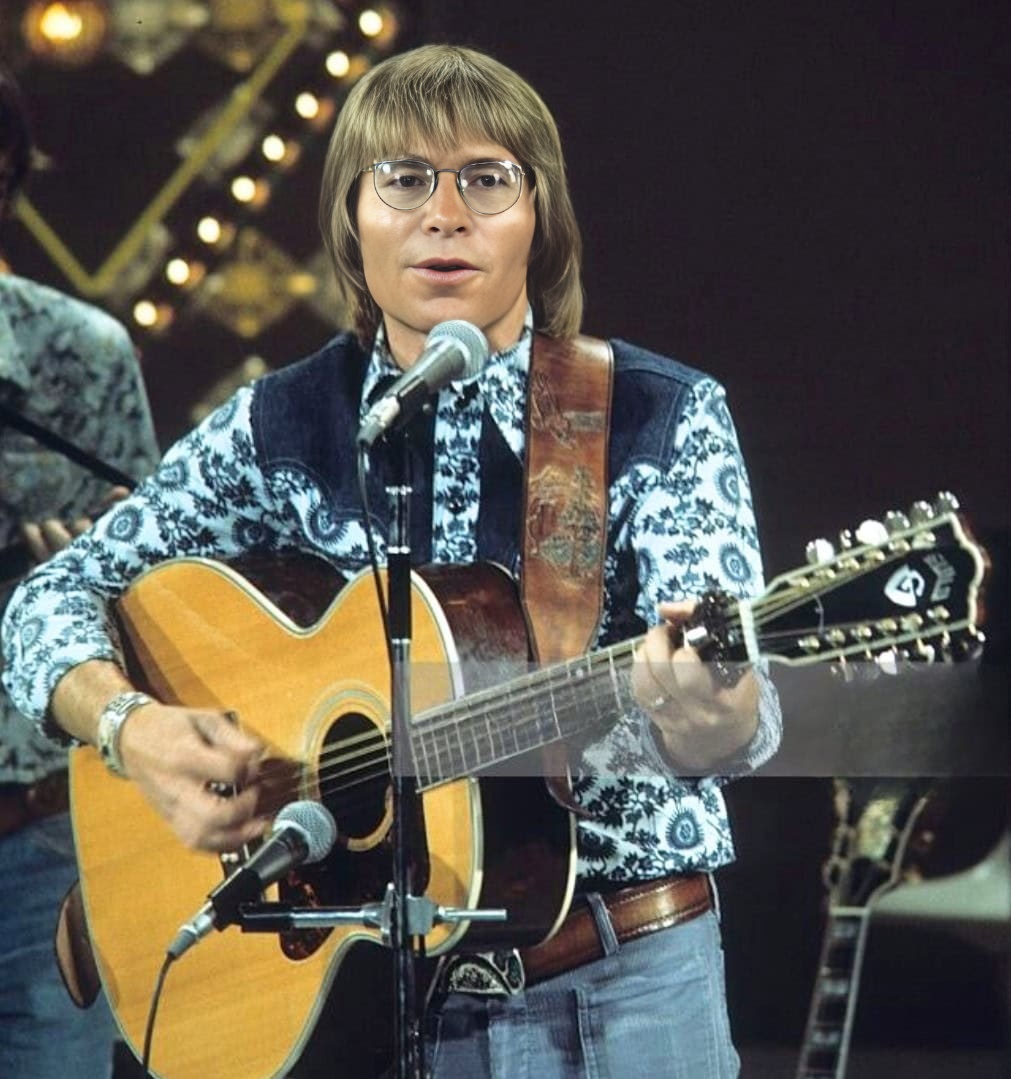
John Denver, born Henry John Deutschendorf Jr., was an American singer-songwriter, actor, and activist whose music captured the spirit of the American West and a deep love for nature. Rising to prominence in the 1970s, Denver became a global icon, known for his wholesome image and folk-pop melodies. His music resonated with audiences seeking connection and a simpler way of life. While often not critically lauded in the same vein as some of his contemporaries, Denver consistently topped the charts, achieving numerous gold and platinum albums throughout his career. Although “Rocky Mountain High” didn’t reach number one, it peaked at number nine on the Billboard Hot 100 in 1972, solidifying its place as one of his signature songs.
Released in 1972 on the album of the same name, “Rocky Mountain High” is more than just a catchy tune; it’s a love letter to the state of Colorado. The song chronicles Denver’s personal experience of moving to the Rocky Mountains and being overwhelmed by their beauty and majesty. He paints a vivid picture of the landscape, from the wildflowers blooming in the spring to the snow-capped peaks in the winter, and explores themes of spiritual connection and finding solace in nature. The lyrics speak of a profound sense of belonging and a yearning for a simpler, more authentic existence.
Upon its release, “Rocky Mountain High” was embraced by audiences who shared Denver’s reverence for the natural world. Many resonated with the song’s message of escaping the pressures of modern life and finding peace in the mountains. It quickly became an anthem for Colorado and a symbol of the environmental movement. However, the song initially faced controversy due to its lyrical content, which some misinterpreted as a reference to drug use. Despite the brief controversy, “Rocky Mountain High” ultimately endured, becoming a beloved classic and a testament to John Denver’s enduring legacy. Its impact continues to be felt today, inspiring listeners to connect with nature and appreciate the beauty of the world around them.